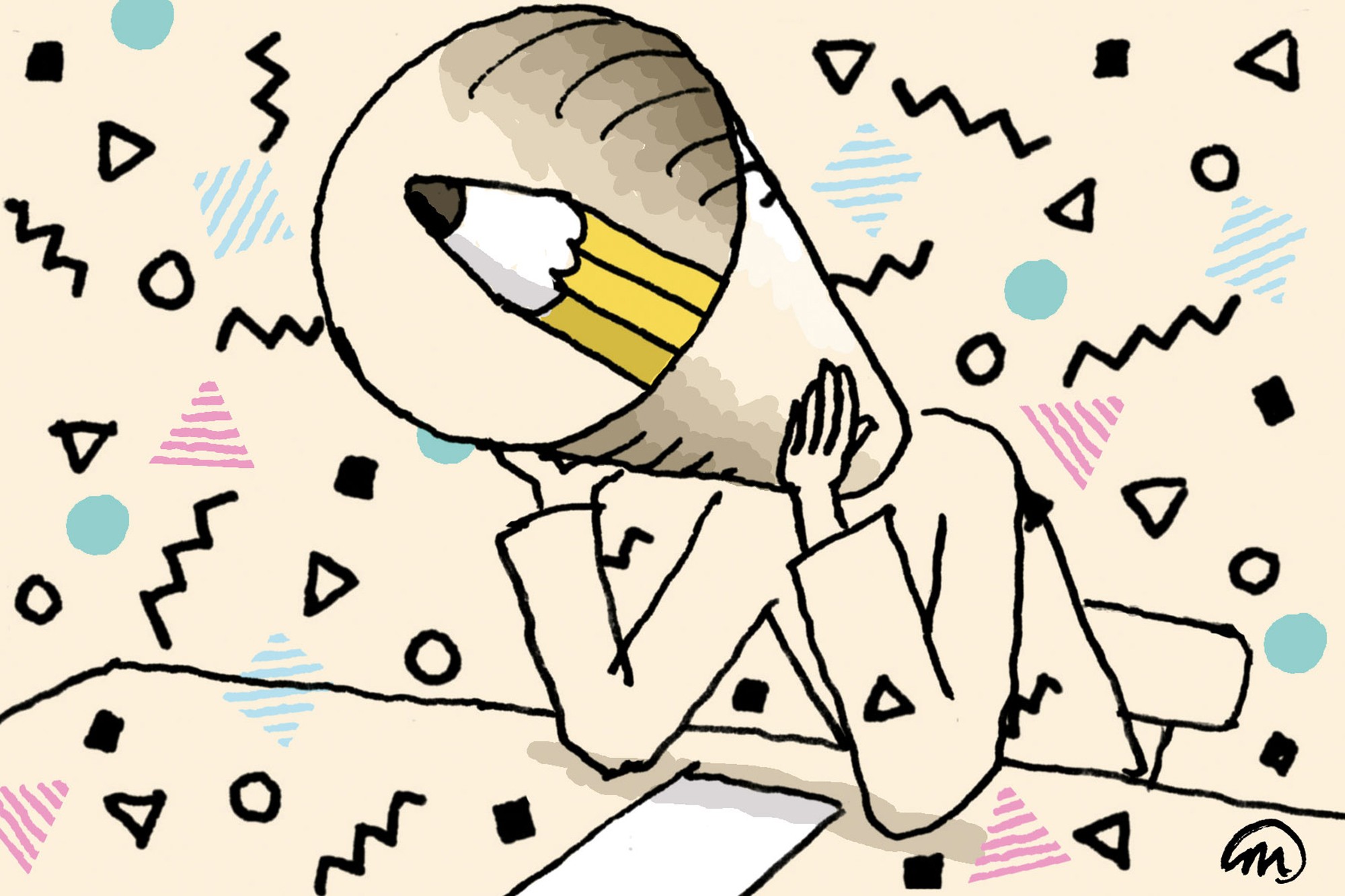By Marco Segantini
You may not know this about me, but I am a huge fan of movies. Not a movie expert or nerd (though I can seem a bit nerdy when I watch them), but definitely someone who loves movie making as an art and watches movies quite often, even in the frenzy of UCR life. It is even less likely that you’ll know that I love cartoons. Yes, the cartoons many of you consider to be made for kids only, and many others amongst you enjoy just as much as me.
This summer, having as much free time as I did, I took the time to rewatch many of my favorite cartoons as a kid. I saw the hilarious Timon and Pumba dialogues as they raised a hurt Simba and taught him about Hakuna Matata. I followed Wall-E as he became the cutest robot I’ve ever seen. I watched Nemo find his dad again with forgetful Dory. And many more.
As I watched them, I, first of all, had an absolute blast. I found it so fun to see movies with simple, straightforward humor, clear-cut, yet complex characters, and archetypal plotlines. Maybe that’s also because usually I tend to watch dark, reflective dramas that make you depressed for 48 hours, and I enjoyed the change of pace. But I also found much wisdom and passion in these cartoons, neither of which should be disregarded by modern kids or adults.
I heard some friends call these stories “cheesy” or “banal”. But ‘’cheesy’’, or ‘’cliché’’, simply indicates a plot point or character type that is used very often in storytelling, supposedly too often. I might agree that some cartoons (and the same goes for movies) can tend towards more simple, unstimulating stories. But many moments that are nowadays designed as “cheesy” are the ones that would be pivotal if they happened in our own lives. The death of a loved one, declaring your love to someone else, fighting your biggest fears etc. You can find at least one of these examples in most cartoons available out there. Mufasa’s tragic fall, or (Spoiler Alert?) the death of Bambi’s mother, are just a couple of these examples (and if you didn’t cry to Bambi the first time you saw it, you are scientifically proven to be heartless).
Many cartoons can therefore teach the values of love, trust, friendship, courage, honesty… And they do that through storytelling, ultimately one of the most appealing, human ways of conveying messages. And yes, many cartoons are flawed by sexism, racism, and other negative characteristics. Yet they should not be disregarded, but contextualized, and still appreciated for their simple beauty and fun. And with the UCR lifestyle, fun can only do us good.
P.S. Also, if you think all I’ve said so far is absolutely senseless, rewatch a couple of cartoons still: you’ll be surprised by how many references and jokes you only understand now.
Marco Segantini, Class of 2021, is a History, Philosophy and Religion major from Milan, Italy.
Sources
Image source: https://www.groene.nl/uploads/image/file/000/020/395/large_commentaar_25-2019_cartoonrel.jpg

